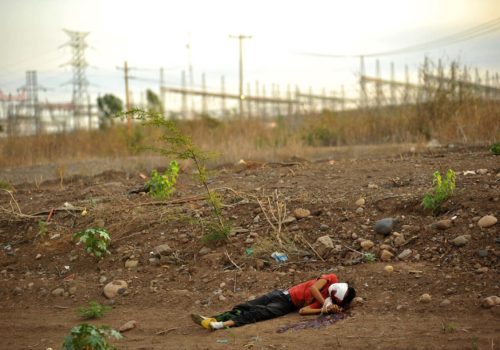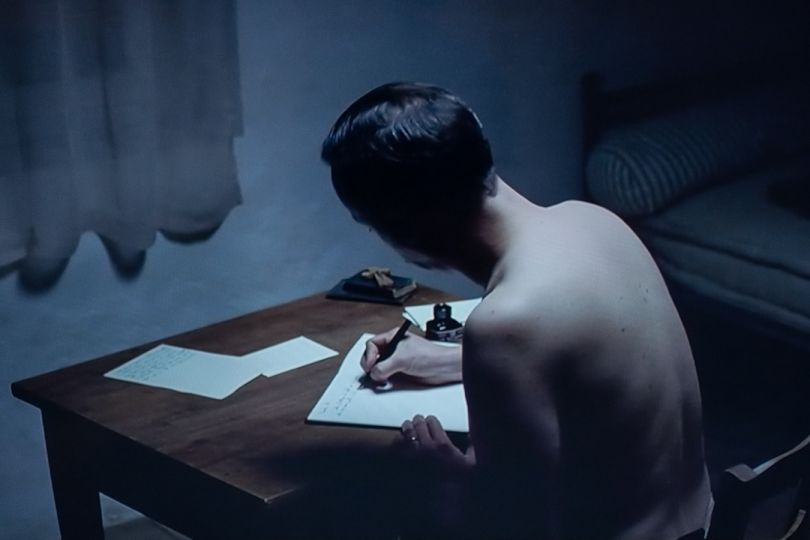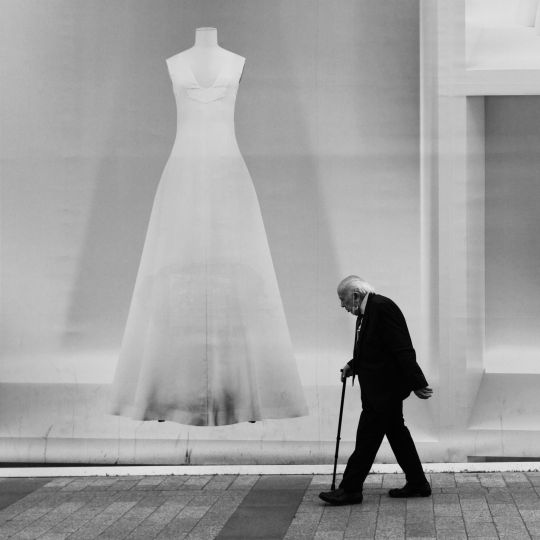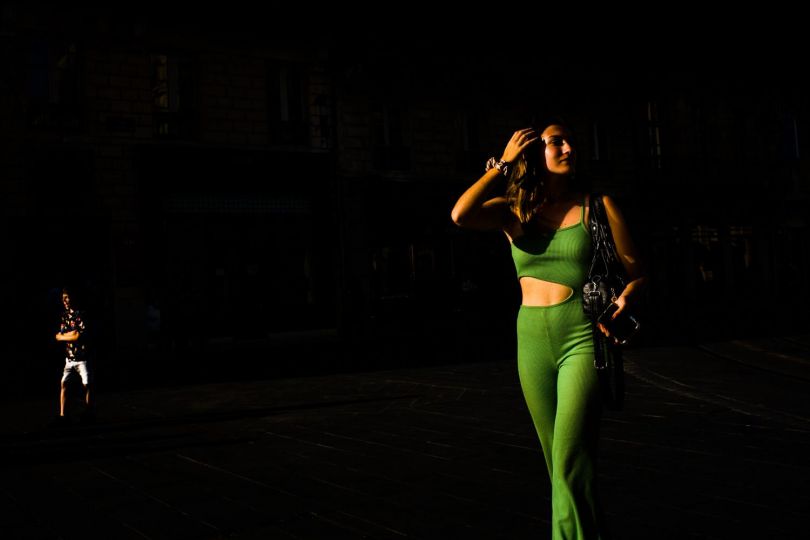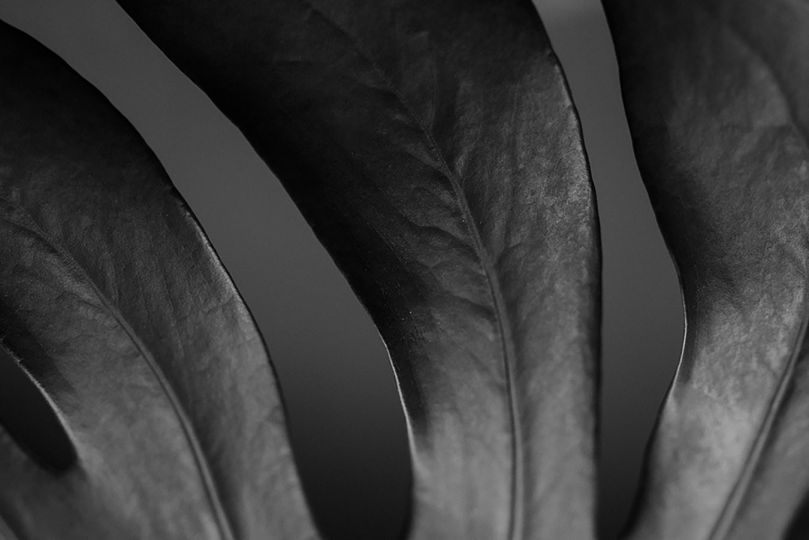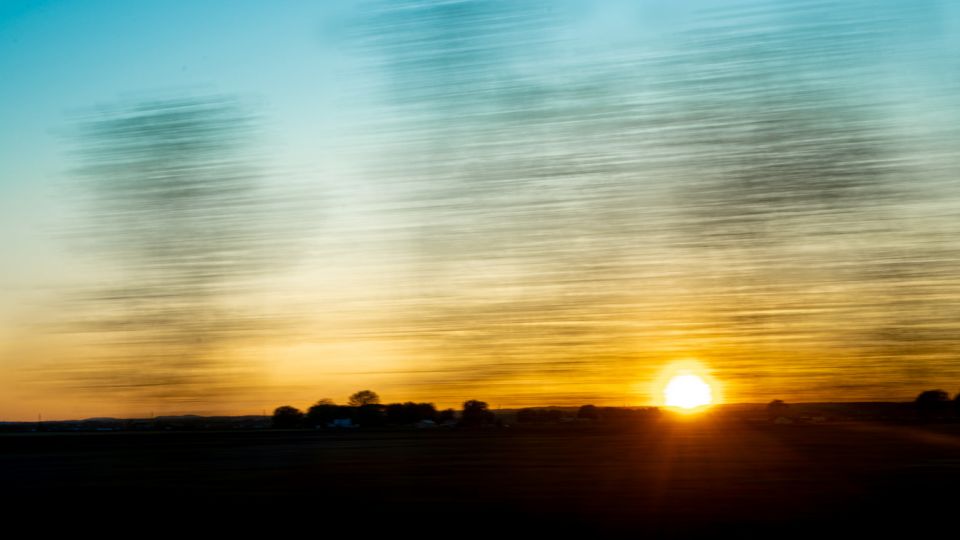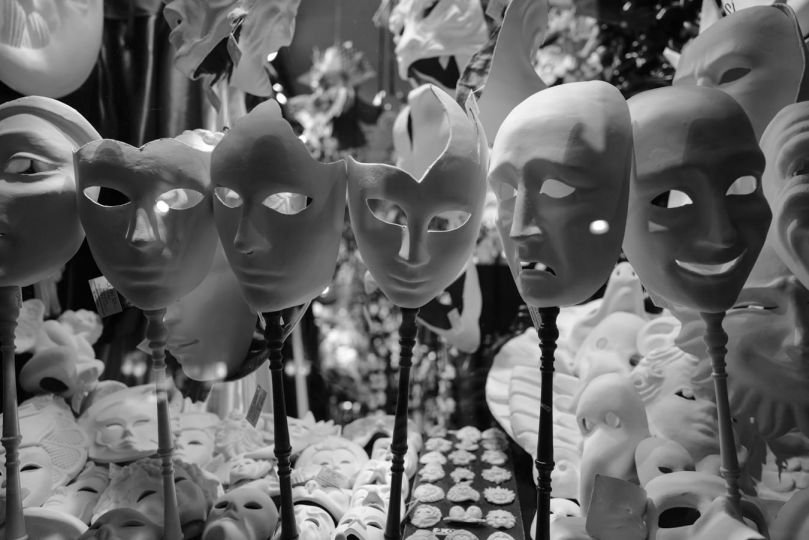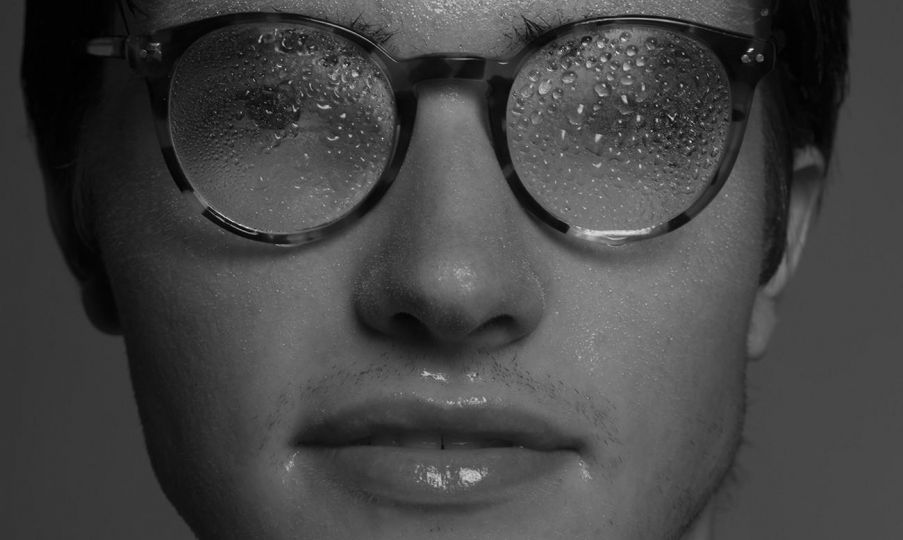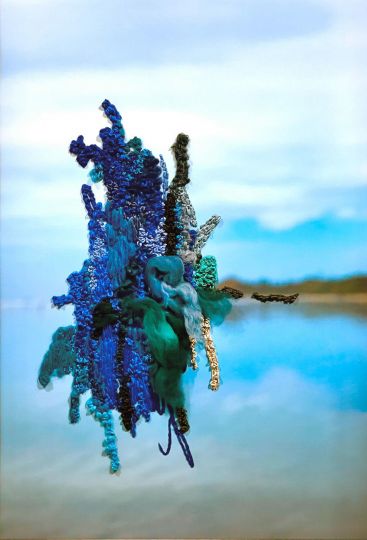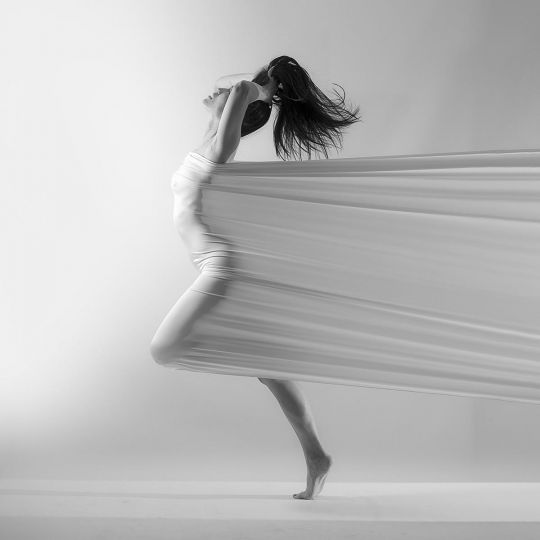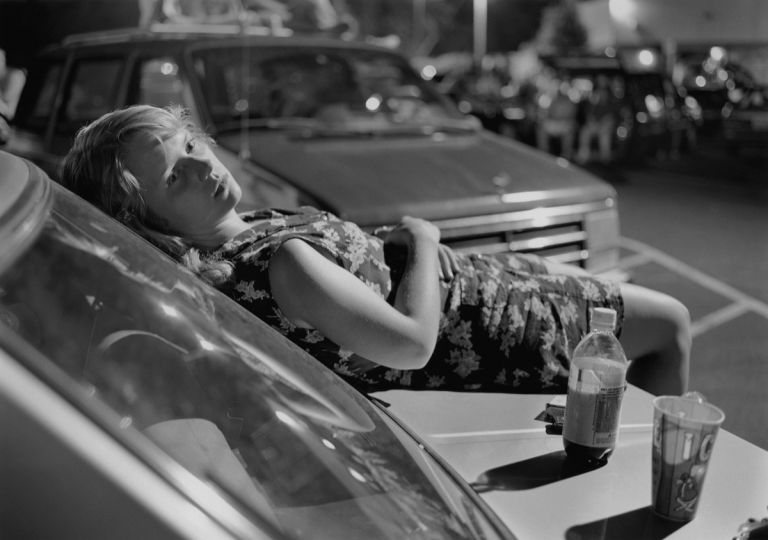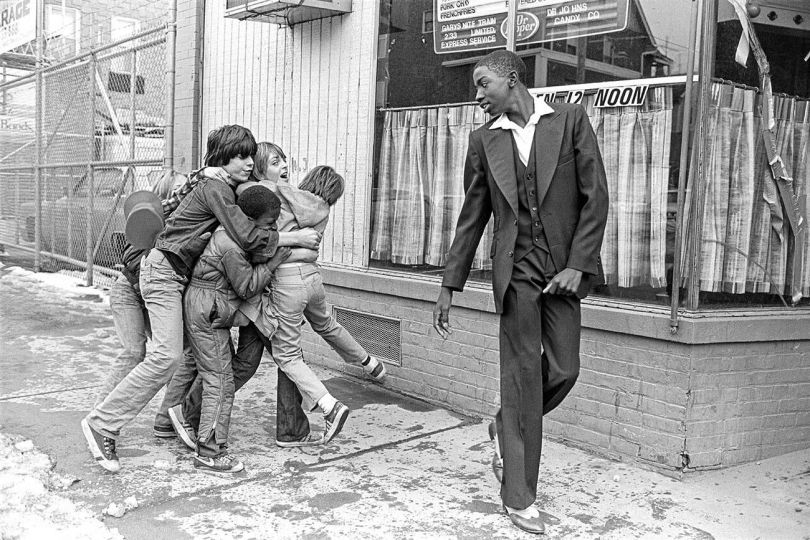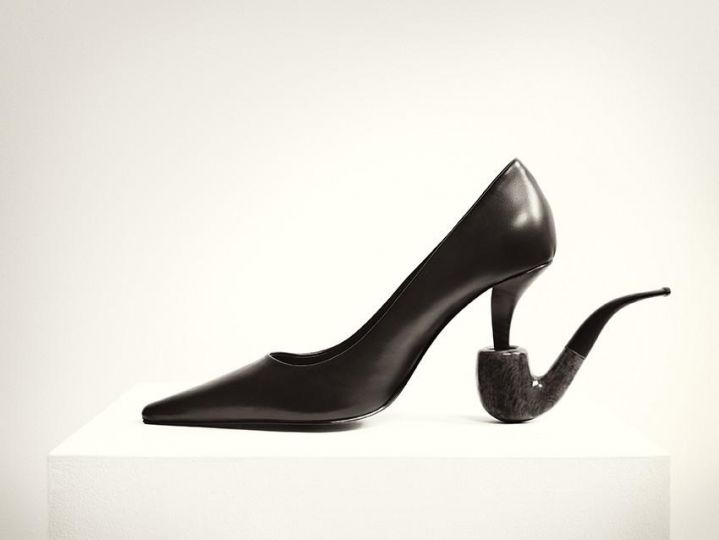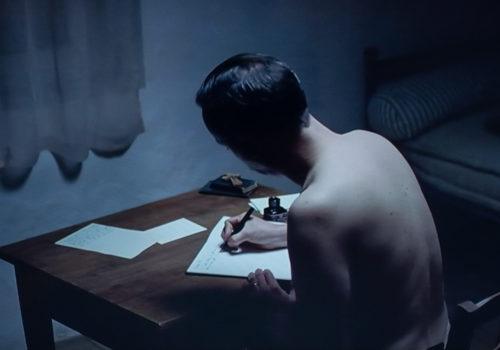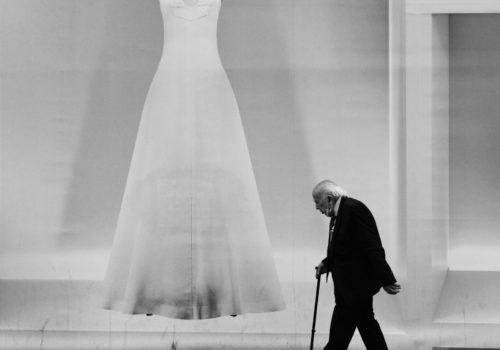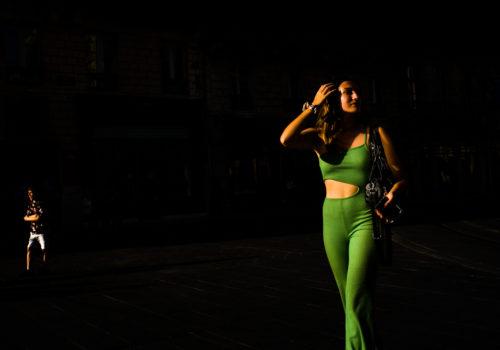All those people, all those lives
Where are they now ?
With loves, and hates
And passions just like mine
They were born
And then they lived
And then they died
It seems so unfair
I want to cry
Cemetry Gates – The Smiths
RTR Gallery presents, for the first time in Europe, the personal exhibition of mexican photographer Fernando Brito called « Lost in the Landscape ». 12 images in large format, from a project he started in 2006, were taken in Culiacan, Mexico, where he lives and works as a photojournalist.
It’s hard to know what to make of the photographs of Fernando Brito. On one hand he is what one might term a straight documentary photographer working through a human-interest story – the project being a survey of the dead bodies dumped as the result of drug related gang violence in his part of Mexico. This view is easy to manage emotionally as, although the extreme violence and inhuman cruelty are apparent, it is happening somewhere else, to other people in a situation that you will probably never find yourself in. This is often the default for documentary photography – it pitches the naïve against the incomprehensible in the hope that understanding will result. It seldom does.
More often the viewer is left with a feeling of helplessness or the sense, as I have here, of being a grief tourist looking at the pain of the world from a comfortable sofa. It makes me want to do something, to act for change in some way, but I know I cannot. I am wracked with a feeling of ineffectuality and of guilt for the nature my situation when it is compared to theirs.
On the other he is an artist photographer making images of beautiful landscapes and sunrises with a dark twist. He is taking the ‘realness’ of a scene and overlaying it with a heavily styalised view. One could imagine these as works by Jeff Wall (if he worked on series) or as pieces by Philip Lorca di Corcia (if Brito had added a bit more Hollywood ham).
They are representations twisted by technique and, as a result, are kind of easy to look at. They don’t look out of place in a gallery and that’s a bit of a worry because, well, they should. When ones encounters the images unmediated by text it is difficult to believe that they are images of ‘real’ situations or events. The dead bodies look posed and the placement too precise – they look like the sets of constructed photographs. The additional understanding of Brito’s work as the Picture Editor and Photographer on a local newspaper in Mexico, and his accounts of the projects making alters the viewer experience.
When I first saw the photographs it took me some time to believe that they were not an elaborate hoax. Then I talked to Brito and re-evaluated my enjoyment of the photographs. If this realisation sinks in, if the understanding that one can do nothing of any use to change the terrible, unthinkable, inhuman things that have happened to these people, one is left with nothing but ones own memory, experience and humanity to aide ones negotiation of the work. The realisation that these were lives ended short, that families have been ruined by these tragedies outweighs their artfulness or place in the history of photography. A funeral has had to be organized, a coffin chosen, a visit from the police endured, a coroners report of forensic precision must be suffered, the looks of sorrow and suspicion from neighbours experienced daily, a wake organised, an invite designed and posted, a headstone bought, a list of representative music picked, tearful speeches written and delivered. Of course, the consequences are far greater than the scene Brito can show us, even disregarding ones imagination of the desperate ends to these lives, but these images are the only testaments to these lost lives – roadside monuments travelling further than those they honour could ever have imagined.
They are not art, they are not a really a documentary project (and that is a good thing), but they are honest and direct, and that’s seems more worthwhile for a subject as difficult as this.
Seems so unfair, I want to cry.
Gordon MacDonald
Lost in the Landscape
September 6 – October 20, 2012
RussianTeaRoom (RTR) Gallery
42 rue Volta
75003 Paris
France
Tel : +33 1 45 26 04 60
Mail : [email protected]

